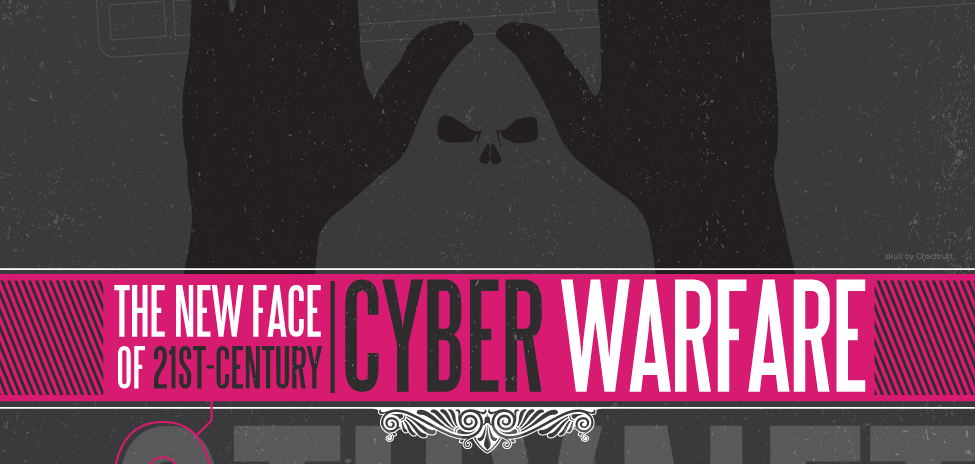Motives behind the computer virus
Blue screens, pop ups, flashing red windows, annoying virus alerts from anti-virus software, and an unresponsive pixelized screen. Viruses have done nothing but plague computer users throughout the last few decades, but it hasn’t been until recently that they’ve started morphing and changing into cash sucking, information throwing, and privacy plaguing death bombs.
Here are a two incredibly nasty buggers that have been the bane of the 2000s and 2010s.
Gozi
In 2005, a virus known as “Gozi” hit markets and began ripping into an unprecedented number of banks and organizations. The virus hooks its claws into private bank information like PIN numbers and other personal affects in order to start looting the victim’s bank account. Don’t think that individuals are the only ones that are suffering from this virus. This nasty little bug also raked its claws across sensitive bank information and actually managed to infiltrate NASA’s web history, emails, and other online information. The one word of caution for this virus was to monitor everything that was going on on your computer. Watch the programs that are being downloaded and monitor the information that’s being asked of you.
Since the seven-year outbreak, the originators of this leeching virus have been caught and are being brought to justice. The worst part of all of this, however, is that the virus is in the hands of several different hackers across the globe. This might be a time to check your personal information and make sure you ask yourself “What are the types of identity theft?”
CryptoLocker
This has got to be one of the nastiest scum sucking viruses of all time. This virus blasts the user with a load of personal information that’s taken via IP address and might add a chilling extra by capturing whatever image it can with a computer camera. The program essentially deadlocks your computer and tries to trick you into paying $300 plus to get all of your information back. Whoever developed this virus really did their homework when figuring out what would scare people more than death itself: a message coming from homeland security saying that you’ve committed illegal acts and your computer must be seized.
This virus usually infiltrates computers via emails with attachments from places such as UPS, FedEx and other federal institutions. Don’t fall for it. Usually the tracking numbers posted by these bogus emails don’t match any tracking address in the parcel handlers’ databases. Also, if you’re a fan of Gmail, you’ll be happy to know that the virus-holding email is usually placed in your spam folder. However, this doesn’t mean that you should just leave it up to the spam bots to catch everything and do the work for you.
In order to save yourself the hassle of being completely destroyed by a computer virus make sure you stay up to date with what’s out there. It doesn’t matter how tech savvy you are or aren’t, you always need to check and see exactly what’s coming into your inbox. If you don’t know the sender, what the sender is like, or haven’t applied for anything of late, you should avoid opening these types of emails at all costs. Scan your computer regularly. Check the markets for the best antivirus and keep your software updated. Viruses now have a strange ability to adapt to antivirus software and tend to evolve on a regular basis. If you want to stay ahead of the curve, consult tech blogs and sites to figure out exactly what’s been cooking in the market and how it can affect you. The biggest tool many hackers have aside from the viruses they code is public ignorance. Don’t become a victim of a hacker’s twisted sense of humor.
“Computer Virus” image courtesy of Shutterstock.









